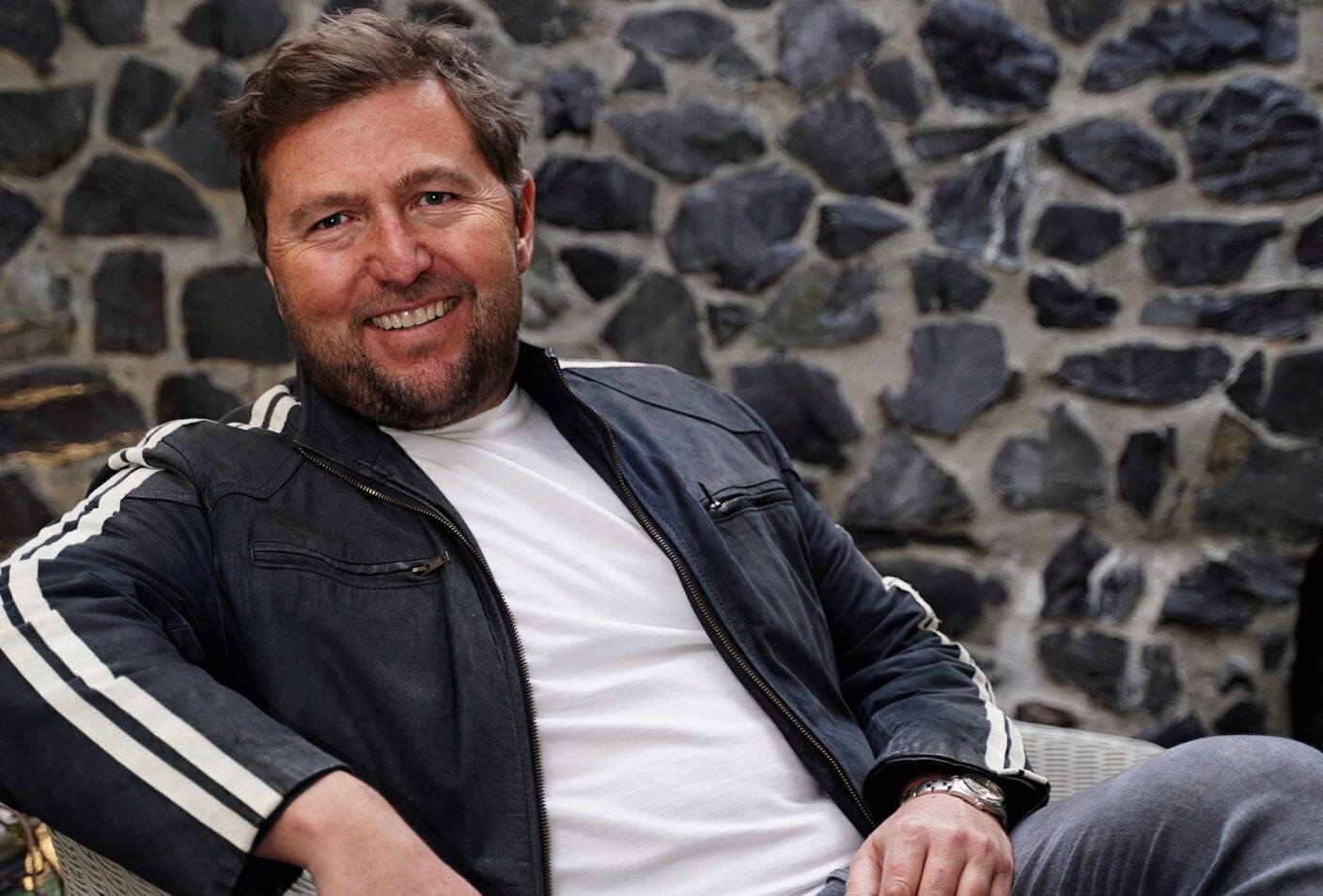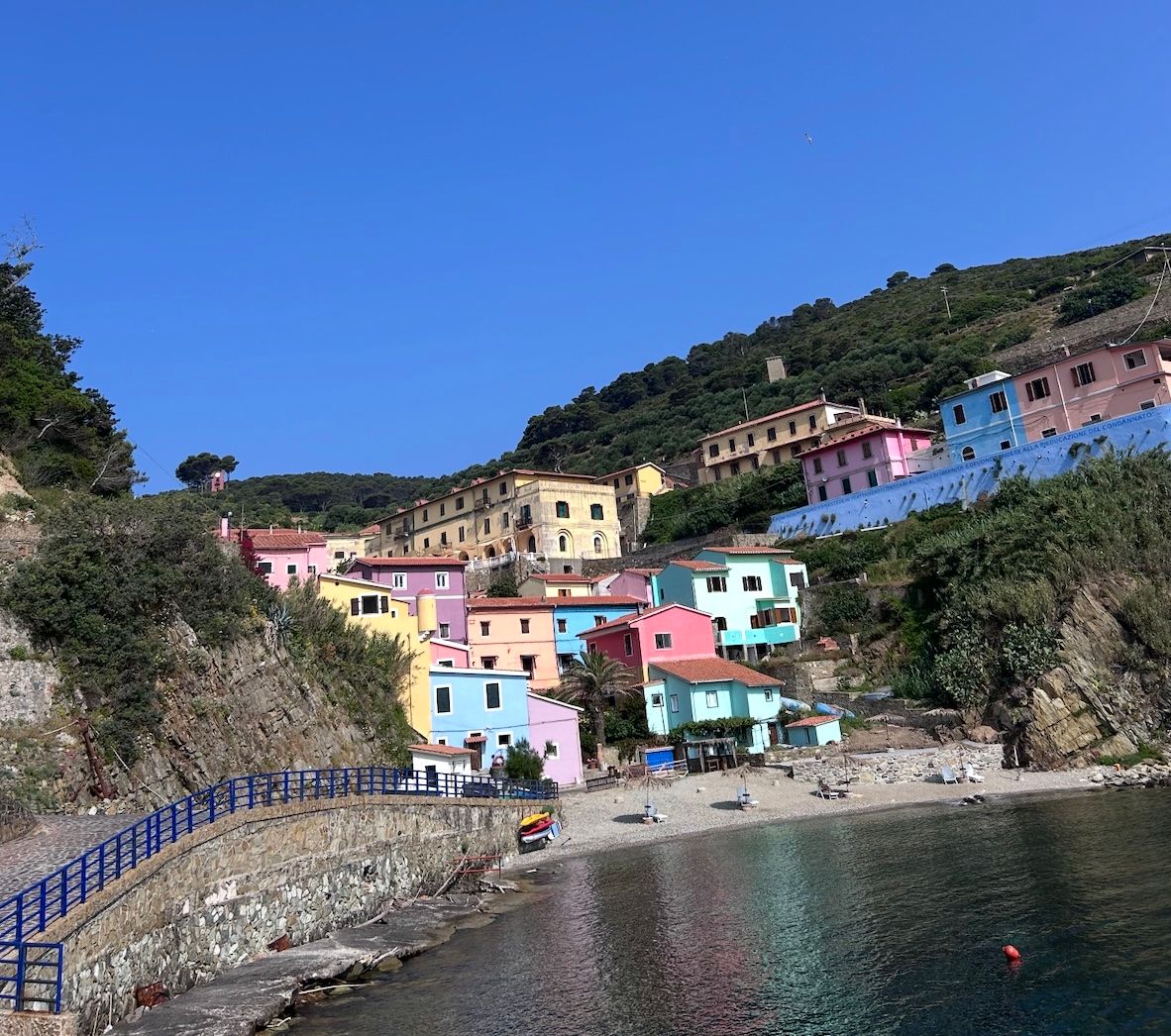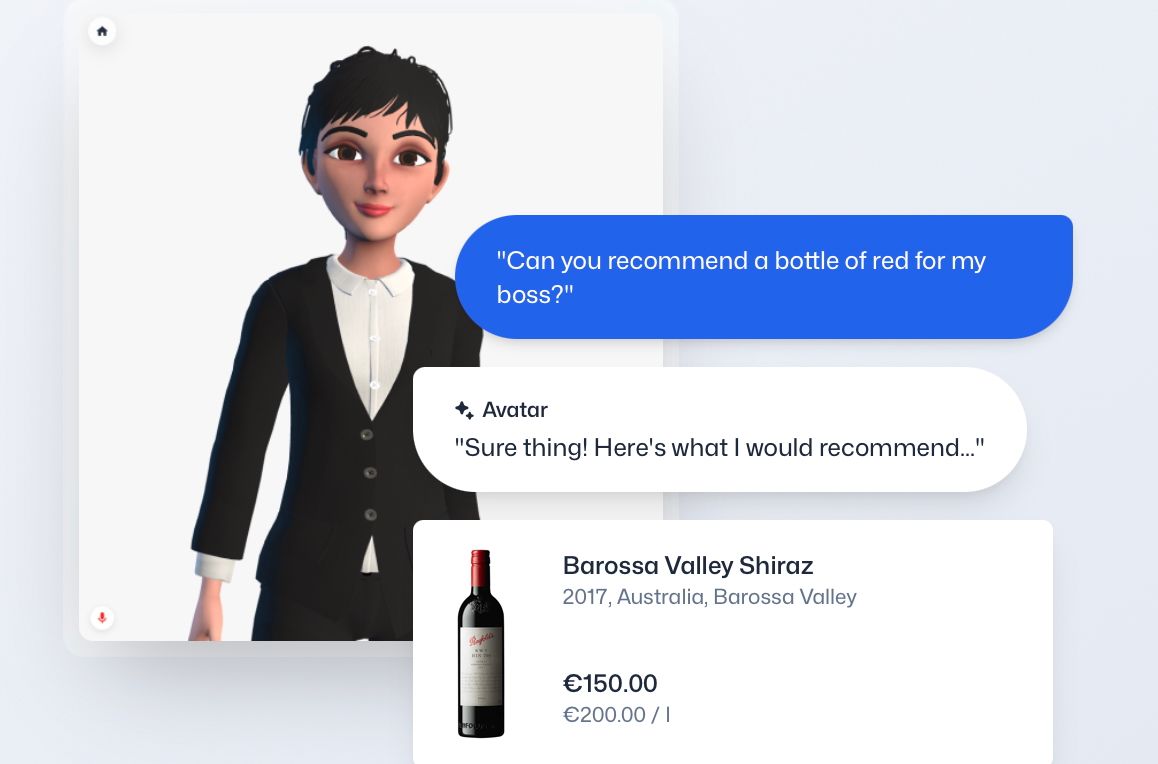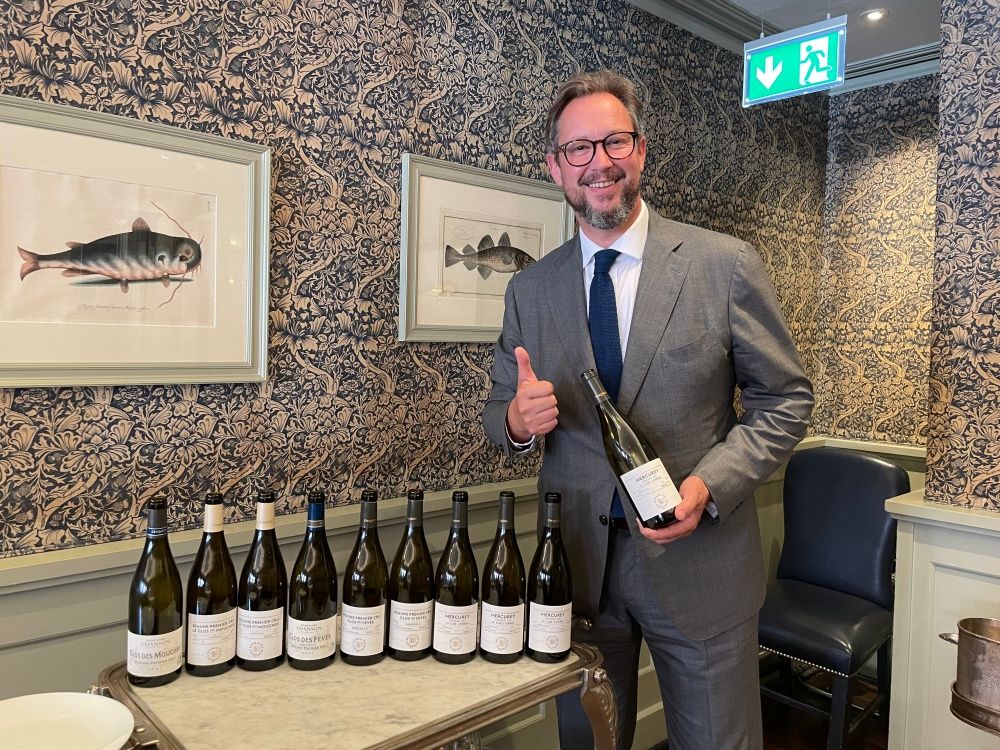If anyone is well placed to have met the challenges the last year has thrown at South Africa and the global wine industry then it is Mike Ratcliffe.
Can you tell us about your background in wine and your experience of being part of a family winery business?
I have had a fascinating wine career. As a scion of a family wine business, Warwick Estate, my formative experience was hands-on and varied from wine-growing to winemaking and marketing. I identified my shortcomings at a relatively early age and enrolled in the inaugural year of the wine marketing degree at the University of Adelaide in Australia.
I was managing director of family-owned Warwick Estate for 15 years and at the same time co-founded South Africa’s first US and South African winemaking joint venture called Vilafonté. By partnering with Dr Zelma Long and Dr Phil Freese, I was able to gain invaluable experience and together we have built a convincing luxury wine business over the past 25 years.
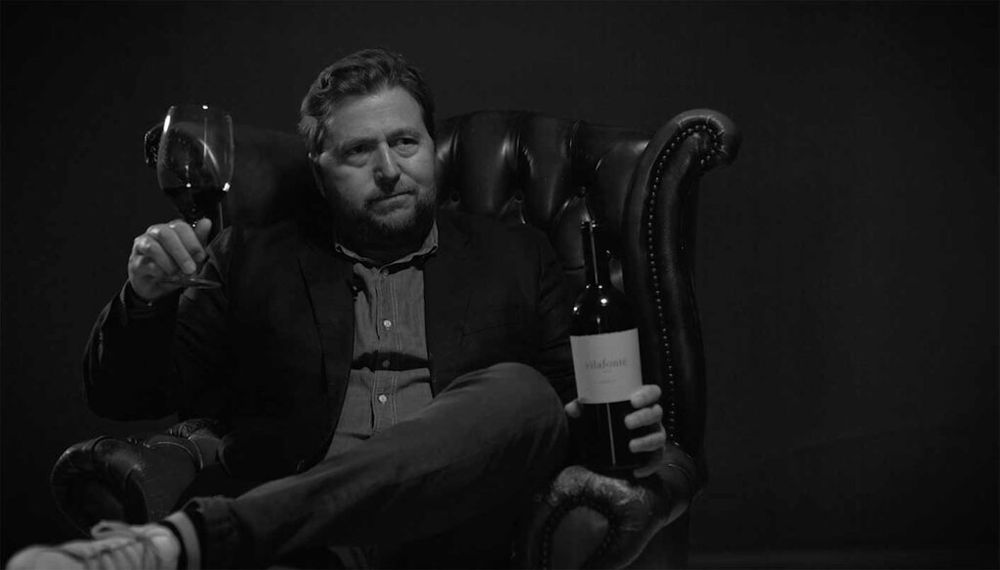
MIke Ratcliffe has been at the forefront of making, promoting and driving South Africa forward as a producer of first growth standard wine
Being such an integral part of the South African wine industry how do you reflect on 2020 both as an individual and from a business point of view?
The memorable year of 2020 can be characterised as a year of accelerated and necessary change for the wine business. Nimble companies with progressive leadership were able to pivot strongly and capitalise on the ‘new normal’. Sadly, too many wine businesses were caught off-guard and it will take many years to unwind the bottlenecks created by the covid business interruptions.
Personally, I experienced a year of great introspection, reinvention and success as our winery Vilafonté benefited dramatically from DTC growth and my wine consultancy www.winebusinessadvisors.co.za grew faster than ever before.
What for you have been the main lessons from Covid-19 for South Africa and the wider wine industry?
Nothing ever stays the same. Successful businesses are continually evolving their strategies and adapting to new realities. The greatest leaders don’t wait for disaster to react aggressively, they are continually reading trends, studying fashions and trying to understand their client interest. Also, standing still is not a strategy – in this fast-moving world you may as well be walking backwards.
Do you think some of these changes will actually be for the better for the wine industry – forcing through much needed structural change?
Yes. The rise and rise of DTC and online sales is putting unprecedented pressure on archaic business models and specifically on distribution models which are out-of-touch with the modern way of doing things. Old fashioned laws and lawmakers will continue to face mounting pressure as the steady pulse of modernisation courses through the veins of the industry.
Tell us about Vilafonté and what difference are you are trying to make with the wine and its approach?
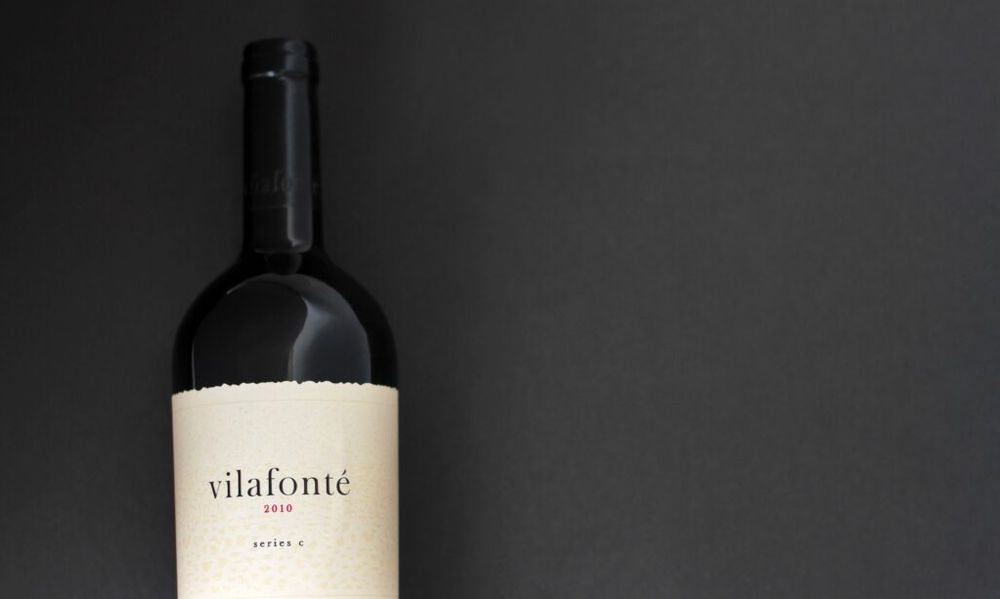
Vilafonté is focused 100% on becoming seen as a luxury wine from South Africa – a first growth equivalent, says Mike Ratfcliffe
Vilafonté is incredibly focused. Our strategy is driven by an inherent belief that the world doesn’t need more wines, but there will always be more space for well developed and focused wine brands.We have spent almost 25 years developing just two red blends.
We spend an inordinate amount of time, money and energy developing our brands from a quality point of view, but most of that effort is invisible to the client. We are developing a 100 year legacy and have very intention to develop Vilafonté so that it becomes a first growth of South Africa – benchmarked against the greatest wines in the world.
What have been the key challenges for you in trying to building a wine brand?
Building a brand, any brand, is hard. Everyone would be doing it if it were easy. The key challenge has been, and will always remain the challenge of maintaining focus in production, portfolio and communication.
What have been the key factors that have helped you and Vilfaonte cut through and create its own identity?
Our realisation is that our focus is our greatest strength. Vilafonté produces three high quality Bordeaux-style blends at three price-points targeting three different consumers and consumer occasions – that’s it. Our messaging is crystal clear and our customers know what they are getting.
You have always looked closely at the role of marketing, branding and communications in the wine industry – what big step changes do you think have taken place in recent years?
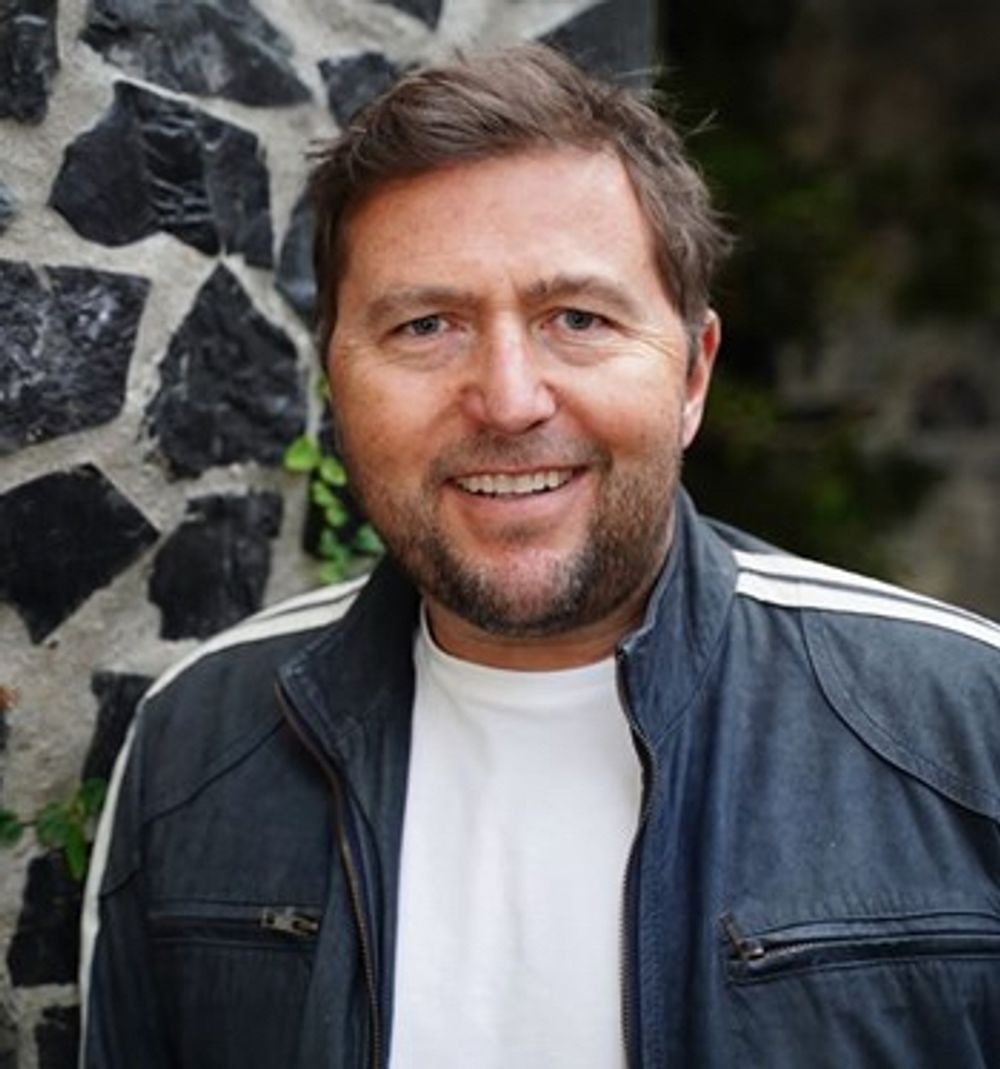
Mike Ratcliffe looks as much outside the wine industry for inspiration as he does inside it
Digital and social are the answers to almost question – but we need to place emphasis on the ‘new’ digital.
Digital marketing is a highly skilled profession requiring similar investment to that which we have all become accustomed to when seeking legal advice. It is no longer valuable to simply upload or post to Instagram, Facebook, Twitter or WeChat – the algorithms are complex and outcomes more nuanced. Stories, fleets, reels and TikToks are systematically replacing ‘ historical’ digital media ‘posts’ as millennials gain dominance and attention spans become more diminutive.
The greatest digital marketers are expensive and in-demand, but they also achieve significant results in marketing, branding, positioning and ultimately – in sales.
Where does the wine industry still need to improve its marketing and communication skills?
In a word – millennials.
There are about 75 million millennials born between 1981 and 1996 in the US alone. Some reports indicate that up to 1.9 billion millennials in the world. The common misconception that millennials are ‘young’ and ‘poor’ is simply wrong and the first millennials will turn 40 in 2021. The urgency is now.
Why are taking part in the Wine Future 2021 online event?
You are never too old to learn. You are never too old to make a contribution. I hope to achieve both.
What are your overall hopes for 2021?
A return to ’normality’ would be too simplistic a hope. There will be no return to normal, ever. The wine world has changed and we will never look back. I subscribe to the oft quoted buzzwords of a desire for brands to return to empathy, connection, inclusiveness and transparency.
- Mike Ratcliffe is managing partner and co-founder of Vilafonté; chairman Stellenbosch Wine Routes and chairman of Visit Stellenbosch. He also runs his own consultancy business alongside other leading figures both in and out of the wine industry. Click here to find out more.
Wine Future 2021

Wine Future 2021 is an online business, insights and networking event being run between February 23-26. It features four days of talks featuring over 70 leading figures from the global wine industry addressing key issues including the pandemic, economic recovering, viticultural challenges, climate change, diversity, inclusion, adapting to digital change amongst many more.
To find out more go to www.wineFuture2021.com and register. The registration fee is €120 for all four days but also it allows you to watch all the conferences and panels on demand for two months after the event finishes. For discounts go to the section called Strategic Alliances and if you are a member of any of those companies and organisations, you’re entitled to almost a 50% discount.
For more on the event:
- read this interview with the founder Pancho Campo here.
- and The Buyer’s analysis on what to expect here.
